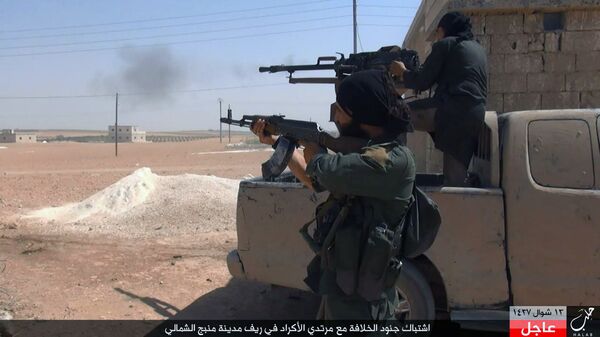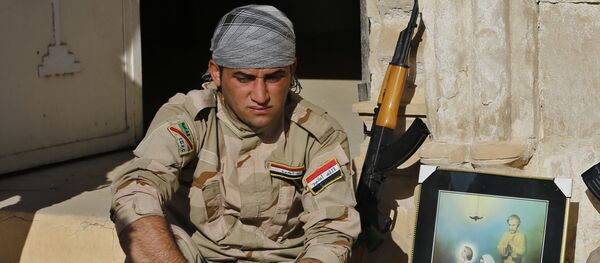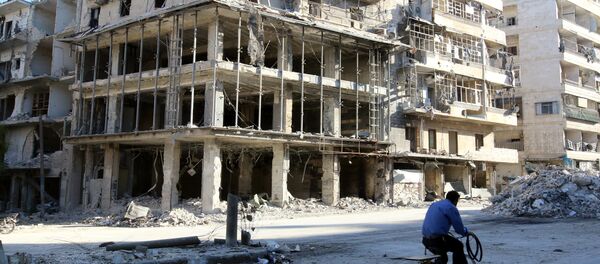This is the conclusion of the Global Terrorism Index, published on Wednesday.
According to the report, more than twenty nine thousand people died from terrorism in 2015, which is 10 percent less in comparison to 2014. The change comes amid increased action against radical Islamists in Iraq and the Boko Haram militant group in Nigeria.
In these states the number of victims killed by terrorists dropped by one third. Yet both of them, along with Afghanistan, Pakistan and Syria, were the top five ranked countries in the index, accounting for 72 percent of all deaths.
At the same time, the report notes, the terrorists spread their attacks to neighboring states and regions, including Europe.
In total, twenty three countries registered their highest ever number of terrorism deaths, with France and Turkey suffering their worst death tolls in one single year since 2000.
The Global Terrorism Index is an annual ranking, conducted by the Institute of Economics and Peace think-tank, based on the data from the Global Terrorism Database.
Radio Sputnik discussed the issue with an expert on counter-terrorism and radicalization, a visiting Fellow with the Australian National University, Dr Clarke Jones.
"We are seeing a lot of young people who have been able to travel to Syria and Iraq and we are now seeing the return of foreign fighters, who are conducting attacks in the countries where they return," he noted.
Commenting on the recently released terrorism data, Dr Jones noted that what we are seeing a trend in "lone-actor", "lone-wolf" type attacks rather than sophisticated large-scale attacks, leading to a higher number of events with a lower death count per act, but nevertheless having a significant impact.
The terrorist act can be an attack on a police officer or government official or it might be an attack on a soft target, such as a shopping center or airport, because globalization, smartphones and tablets and the Internet make it possible, he explained. The impact of such attacks is very significant worldwide, and we hear more and more about them these days, the expert warned.
Dr Jones also noted that there has been a major change in technology and a major change in terrorism itself. The notion of terrorism has also expanded. When experts labelled an attack an act of terror several years ago, he said, they were looking for a link with a terrorist group. A person had to have a solid link.
"What we are seeing in recent times is people claim the association, and then we are following the claim. It is a follow-up by governments and by media. In a sense, we are assisting the terrorist groups by the coverage of terrorism today," he noted.
"Rather than the hard terrorism measures, security and policing and all the other legislation, we are doing a lot more with community organizations and engaging Muslim community organizations to get them involved to help us with solving some of the issues that are driving terrorism today," he told Sputnik.
Commenting on the rise of the Islamic State (Daesh) in the Middle East, Dr Jones noted that this organization has been incredibly good with its propaganda and has become an ideology that people are sticking to.
"There are many reasons which drive people towards radicalization or terrorism. It can be racism, discrimination, particularly in Western countries. We see the political climate changing, we are currently witnessing particular perspectives of the rise of the right," he said.
'There is a correlation between the rise of right-wing groups and violent extremism," he finally stated.




